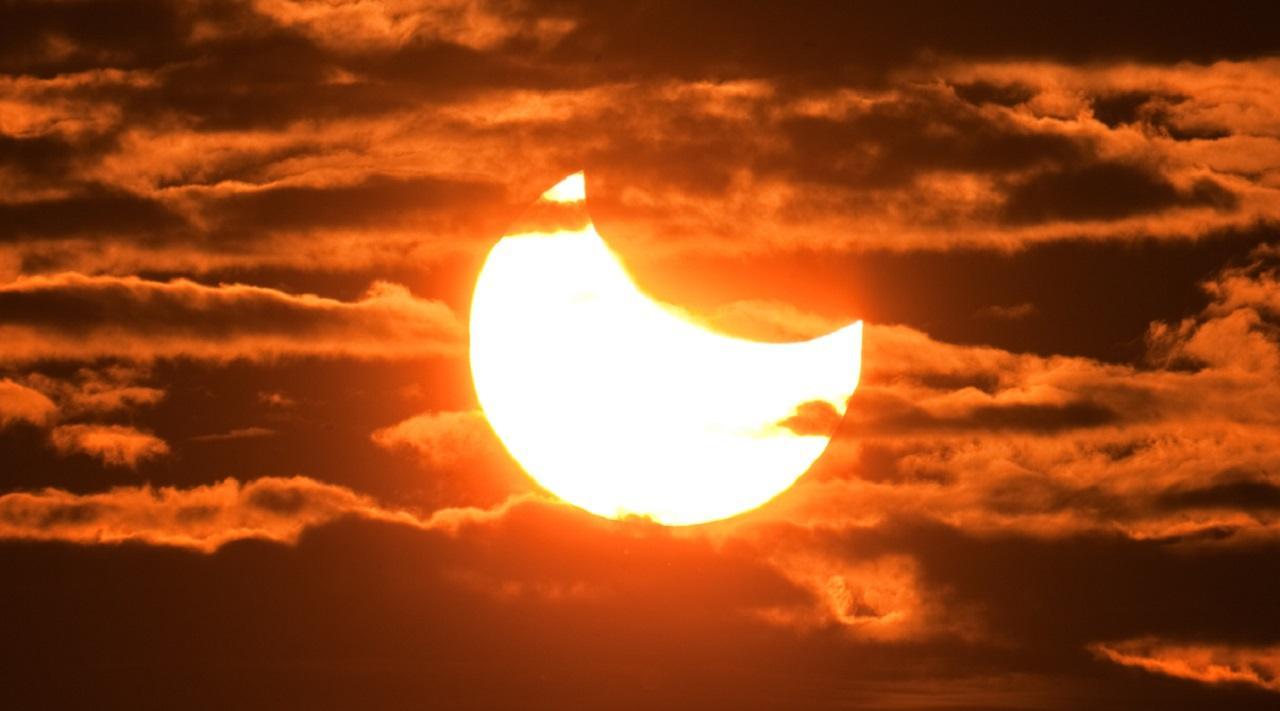Solar Eclipse in October 2023: Skygazers are in for the most exciting astronomical event of 2023, when a rare celestial spectacle will grace the skies on October 14

Representational Image. Pic/iStock
The month of October this year will mark a rare occasion when both Solar and Lunar eclipses will take place. The upcoming double celestial treat in October is sure to delight all astronomy enthusiasts and stargazers.
Skygazers are in for the most exciting astronomical event of 2023, when a rare celestial spectacle will grace the skies on October 14.
On October 14, people in many parts of North and South America will see the Sun dimming to about 10 per cent of its normal brightness, leaving only a bright “ring of fire” as the annular eclipse happens.
"On October 14, an annular solar eclipse will cross North, Central, and South America. Visible in parts of the United States, Mexico, and many countries in South and Central America, millions of people in the Western Hemisphere can experience this eclipse," said NASA.
Solar Eclipse in October 2023: What is an Annual Solar Eclipse?
Notably, an annular solar eclipse occurs when the Moon passes between the sun and Earth while at its farthest point from Earth. The moon does not cover the sun completely, leaving a thin ring of sunlight or a “ring of fire” effect in the sky. This particular annular Solar Eclipse is scheduled for Saturday, October 14, 2023, occurring just 4.6 days after the moon reaches apogee, its farthest point from the Earth.
Solar Eclipse in October 2023: Will the Ring of Fire be visible in India?
The ‘ring of fire' solar eclipse will not be visible in India. People in India and other parts of the world can watch it via the official NASA broadcast on their YouTube channel, which begins streaming at 4.30 pm on October 14, 2023.
Solar Eclipse in October 2023: Precautions
The Sun is never completely blocked by the Moon during an annular solar eclipse. So, it is never safe to look directly at the Sun without eye protection. According to NASA, eclipse glasses are thousands of times darker than normal ones.
It is also not advised to look at the Sun through a camera, telescope, binoculars, or any other optical device, as it will not only burn through the filter but also injure your eyes.
 Subscribe today by clicking the link and stay updated with the latest news!" Click here!
Subscribe today by clicking the link and stay updated with the latest news!" Click here!










